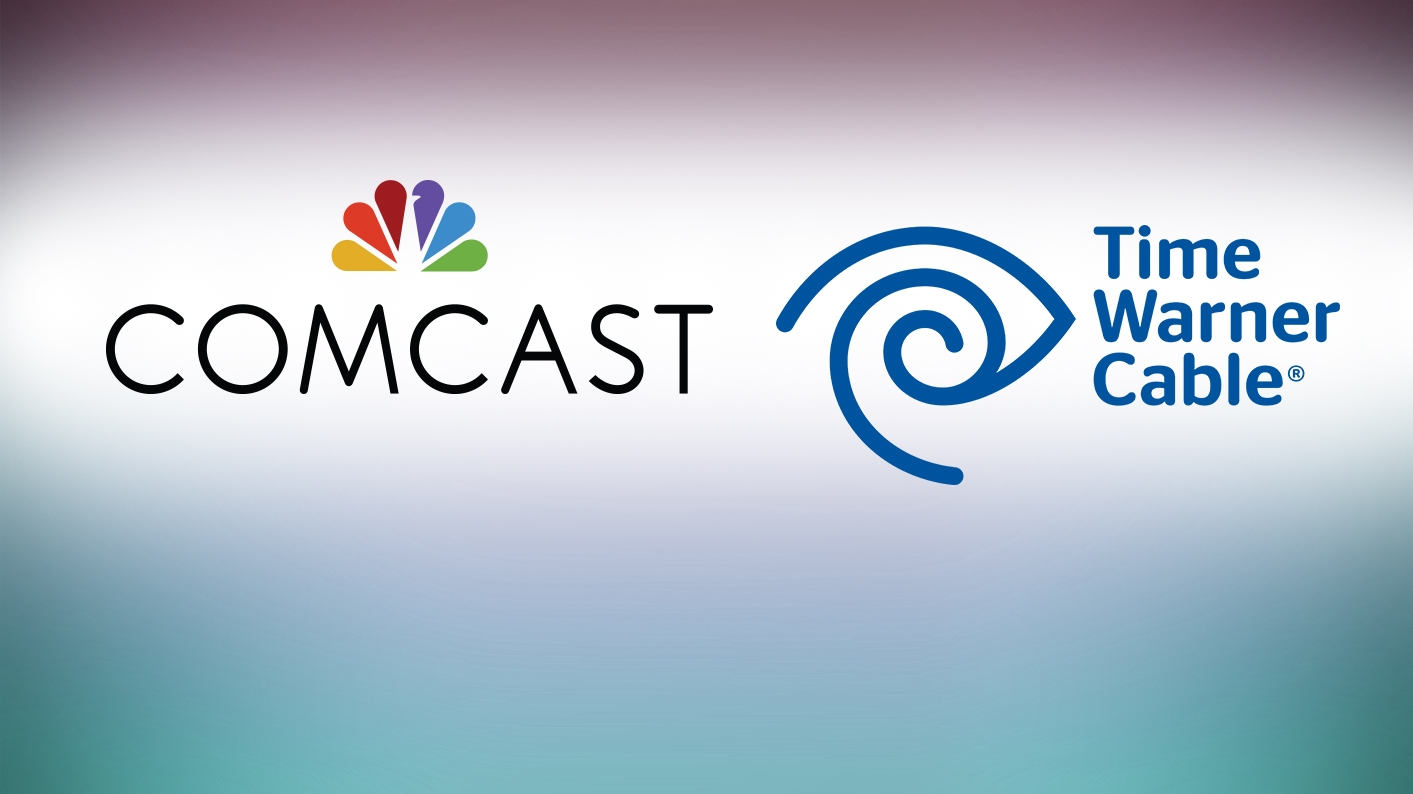
03 Dec Comcast/Time Warner Cable merger is a win for program diversity
Sens. Amy Klobuchar (D-Minn.) and Mike Lee (R-Utah) wrote the Justice Department and the Federal Communications Commission last week, asking them to consider how the proposed combination of Comcast and Time Warner Cable would impact independent programmers and our choices on TV.
As the CEO of one of the leading independent programmers and someone who has been in the indy business for many years, I can say the transaction is an unequivocal win for anyone who values diversity and new perspectives on TV. Here’s why.
First, the proposed deal will bring more quality options to more viewers, on better, faster networks. Our experience at Ovation shows why. Seven years ago, Comcast recognized that its channel lineup lacked programming focused on the arts. In the face of changing industry economics, regulatory pressures and a vast recession, the company took a chance and helped us launch Ovation. Since then, Comcast has added millions of homes to our overall distribution – over three million in the last three years, including important markets such as Miami, Atlanta, and Chicago. Comcast has shown that it supports those networks that fill gaps in what’s available today and have the necessary vision, expertise and resources.
Second, Comcast’s technological leadership has also bolstered our network – and those of the many other independents that it carries. Like many of our peers, Ovation was added to the Xfinity on Demand service in 2012, extending our reach to more than 25 million households. Since then we have also landed on Comcast’s mobile TV Everywhere platform, an innovation that helps Comcast satisfy its customers demand for anywhere, anytime video and that helps us stay relevant, available, and cutting edge for our viewers, truly bringing our “art everywhere” motto to life.
Third, while Comcast is a tough negotiator who demands that anyone seeking carriage prove their value and present a workable business model that makes sense, it is also a fair partner, paying competitive rates and expanding distribution when warranted. And unlike other MPVD’s, Comcast doesn’t make a practice of dropping networks in carriage fee disputes.
This track-record belies the critics who claim that a larger Comcast will be some kind of gatekeeper shutting out independent voices and extorting networks for access to its subscriber base. Comcast is already large and serves valuable markets, and it has never engaged in any such market abuses. Fundamentally, programmer/distributor relationships are a two-way street with value running in both directions. Comcast understands that, and in my experience, evaluates its programmer relationships in that light.
In short, Comcast’s leadership in supporting independent programmers has been second to none among multichannel video program distributors. And because Comcast and TWC don’t operate in the same markets, the transaction merely represents a trade up for existing TWC customers to the provider that has done more for independents than anyone.
Stories like Ovation’s are repeated in the many comments that independent programmers have filed with the FCC in support of this transaction. This support is no surprise, since Comcast has the best record of any pay-TV provider in launching and supporting independents on its system. As is widely known, since the close of their joint venture with NBCUniversal, Comcast has helped to launch four new minority-owned cable networks, and added 20 new independents to its system, all told.
Comcast has been a premium partner to Ovation and one of the best to independent programmers in general. And this deal is a gain for our networks, our viewers, and emerging independent voices.
Segars is chief executive officer of Ovation.
SOURCE


No Comments